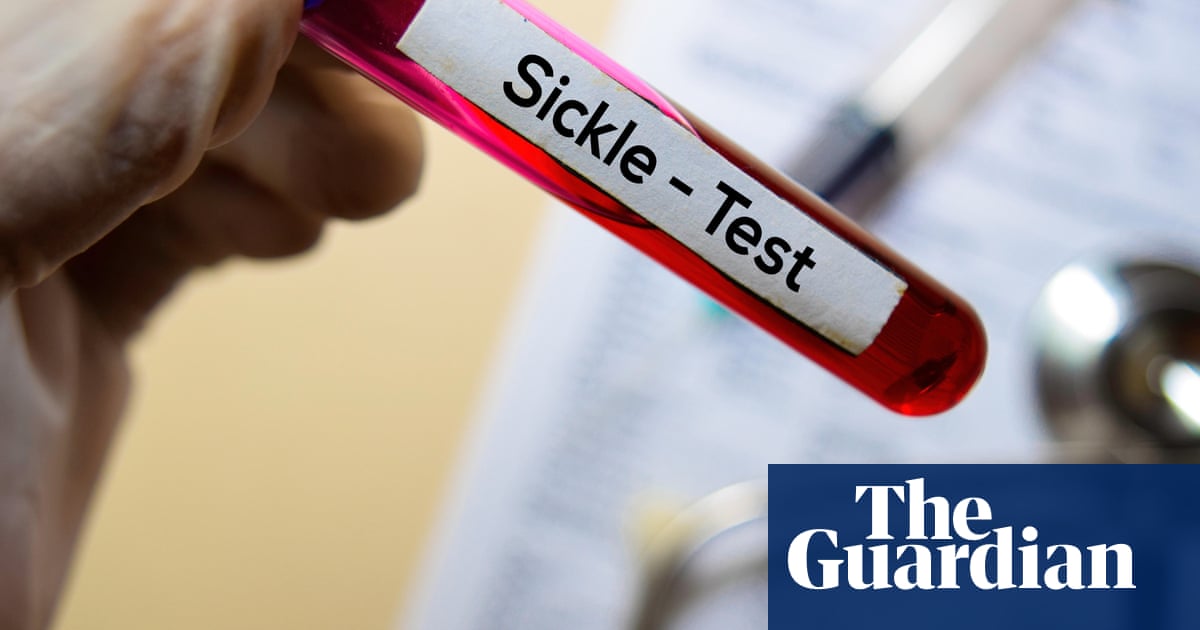People living with sickle cell disease inEnglandare to benefit from quicker and more accessible treatment due to a £9m investment, the government has announced.
Apheresis services, which are a type of treatment that removes harmful components from a patient’s blood, are to improve across England through the funding of more specialist treatment centres. The funding will ensure the wider availability of machines that remove a patient’s sickled red blood cells and replace them with healthy donor cells.
More than 20NHStrusts currently offer Spectra Optia technology, a treatment more effective than blood transfusions and having been shown to be highly effective in reducing complications such as iron overload.
The investment could save the NHS up to £12.9m every year thanks to a reduction in time spent in hospital for patients and the reduced need for other treatments, according to the government.
Sickle cell disease primarily affects people from an African-Caribbean background. In England, about 17,000 people are living with the disease, an inherited blood disorder, with 250 new cases a year.
Wes Streeting, the health and social care secretary, said: “People living with rare conditions like sickle cell disease face immense everyday challenges, and can sometimes struggle to get the specialised care they need.
“To make our health service fit for the future, we have to harness the power of new technologies, and these machines provide a shining example of how our government is starting to make huge advancements in digital healthcare.
“Through our plan for change, this government will be the one that removes the barriers to getting the latest and best tech to our NHS frontline, so patients can access the best care available, closer to home.”
Prof Bola Owolabi, the director of healthcare inequalities at NHS England, said: “This is great news for people living with sickle cell disease – a condition that disproportionately affects Black African and Black Caribbean communities.
“Sickle cell patients have needed new treatment options for decades and this additional funding will provide greater access to this life-changing technology which has the potential to significantly improve patients’ quality of life.”
Owolabi added that sickle cell care in England continued to be among the best in the world, with England the first country tointroduce a groundbreaking gene-editing therapy, which offers a functional cure to the disease.
Sign up toFirst Edition
Our morning email breaks down the key stories of the day, telling you what’s happening and why it matters
after newsletter promotion
“Alongside this important step, the recent approval of a new gene-editing therapy for patients with severe sickle cell disease showcases the NHS’s clear commitment to improving outcomes for the 17,000 people living with the condition in England,” Owolabi said.
John James, the chief executive of the Sickle Cell Society, said: “We are delighted to see the arrival of this long-overdue funding, which will improve access to vital treatment for people living with sickle cell disorder and their families.
“This announcement follows years of collaboration between the Sickle Cell Society and the NHS, and we’re pleased that this investment will help make access to care fairer, more consistent, and far less stressful for many individuals.”
